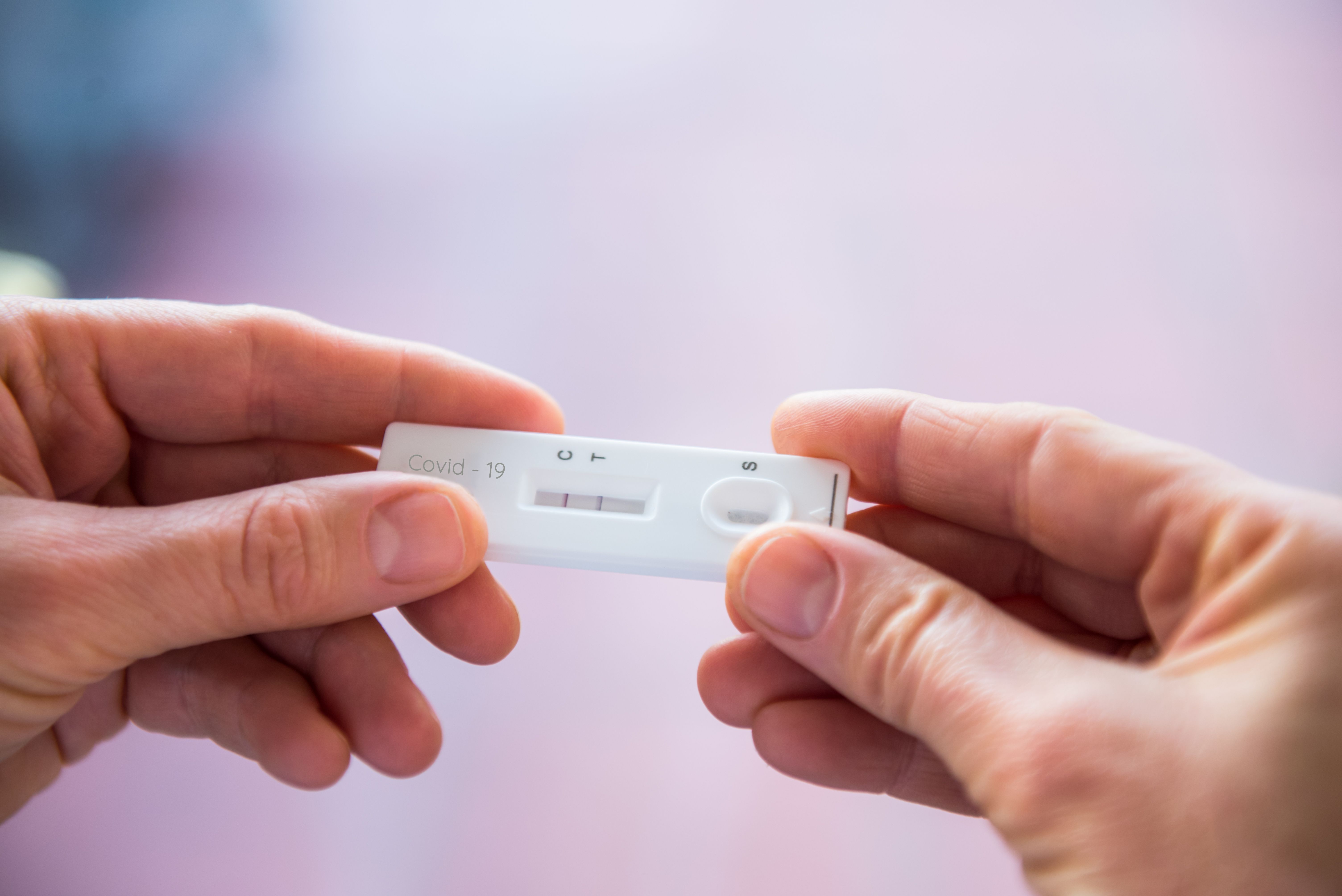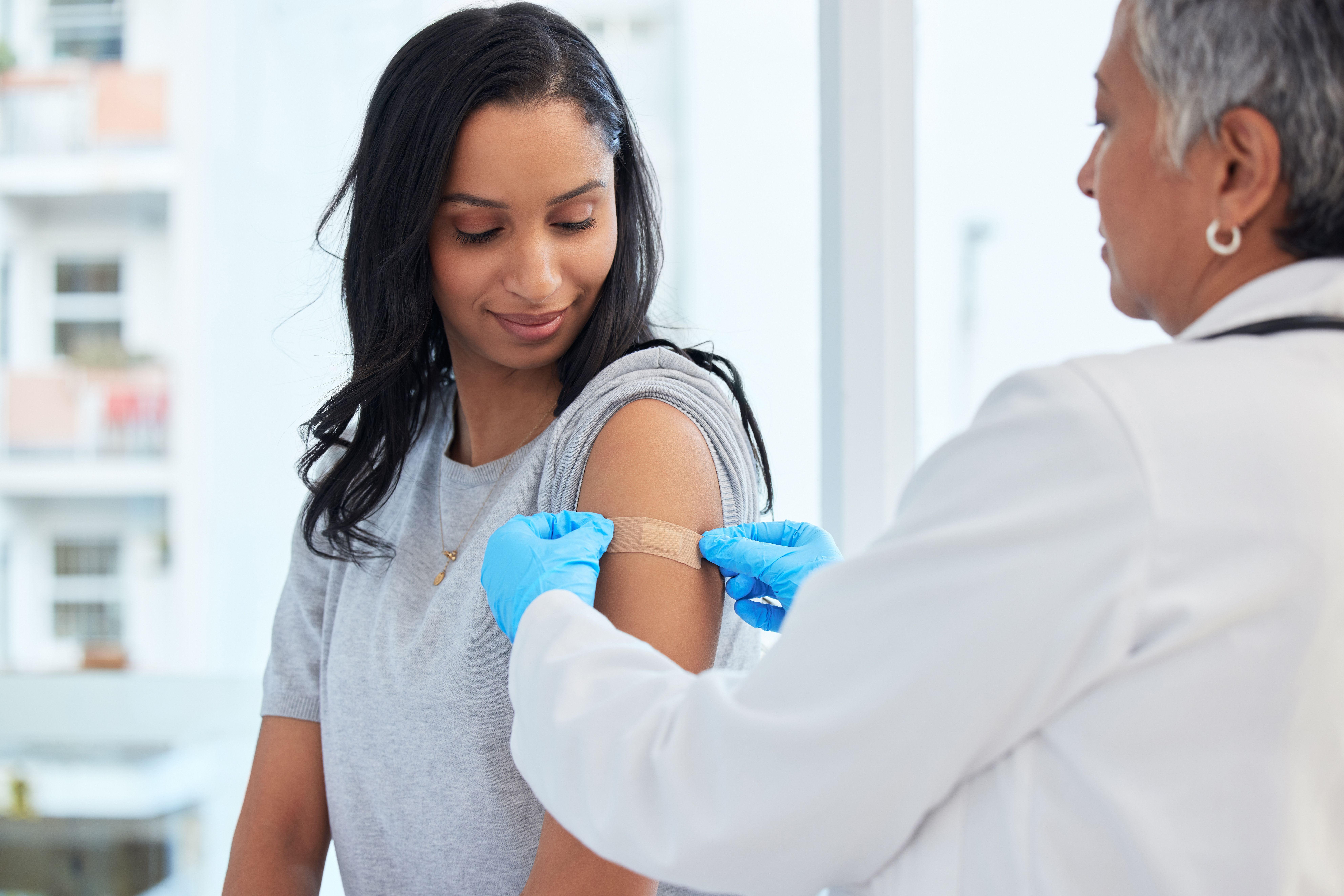
COVID-19
Latest News
Latest Videos

Shorts



Podcasts
CME Content
More News

Review some of the top stories from the Contemporary OB/GYN website over the past week and catch up on anything you may have missed.

Research shows that COVID-19 vaccination during pregnancy continues to prevent hospitalizations and safeguard infants aged under 6 months.

A study found women with long COVID face higher rates of abnormal uterine bleeding, heavier flow, and longer periods.
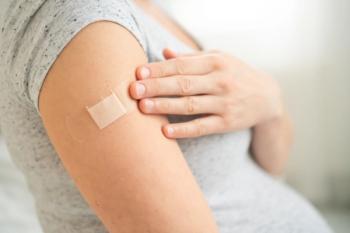
RFK Jr. stated he "couldn't be more pleased" to announce that COVID-19 vaccination among healthy children and pregnant women has been removed from CDC's immunization schedule.

A new study reveals the pandemic significantly worsened maternal death rates across all racial groups.

Review some of the top stories from the Contemporary OB/GYN website over the last week, and catch up on anything you may have missed.
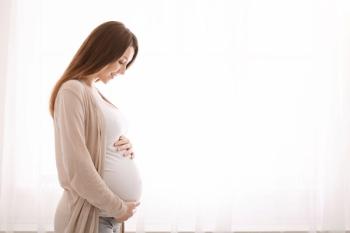
New research suggests pregnant women are less likely to develop long COVID compared to nonpregnant women, offering insights for future treatment strategies.
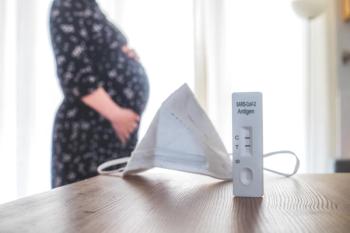
Pregnancy may lower Long COVID risk, with researchers linking immune changes to reduced symptoms, though some groups remain vulnerable.

Review some of the top stories from the Contemporary OB/GYN website over the last week, and catch up on anything you may have missed.

A new study found that pregnant women infected with COVID-19, especially in the third trimester or with severe symptoms, faced higher risks of preterm birth, low birthweight, and neonatal intensive care unit admission.

A new study published in Menopause suggests that white blood cell count could serve as a key predictor of COVID-19 symptom severity, highlighting the role of inflammation in health outcomes.

A study highlights chronic villitis as a specific placental injury associated with COVID-19, raising concerns about pregnancy complications such as preeclampsia and stillbirth.

A study highlights the rise of hybrid prenatal care during the COVID-19 public health emergency, though telehealth's potential remains underutilized across racial and geographic groups.
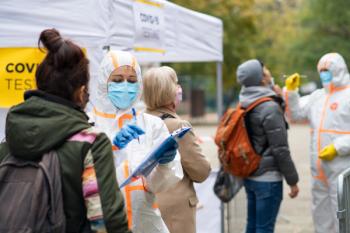
In a recent study, very preterm birth rates were reduced during COVID-19 lockdown periods vs prepandemic periods.

Review some of the top stories from the Contemporary OB/GYN website over the last week, and catch up on anything you may have missed.

Four years into the COVID-19 pandemic, what we know about the novel coronavirus and pregnancy has evolved. Find out what we've learned thus far.

A comprehensive study highlighted that pregnant women with COVID-19 have a lower incidence of post-acute sequelae compared to non-pregnant women, emphasizing the need for tailored clinical care.
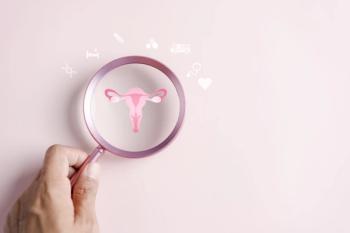
A recent study reveals no significant association between COVID-19 vaccination and the incidence of abnormal uterine bleeding among reproductive-aged women.

Review some of the top stories from Contemporary OB/GYN's coverage of ACOG 2024, and catch up on anything you may have missed.

New ACOG 2024 data suggest SARS-CoV-2 in the early stages of pregnancy can lead to a higher likelihood of preeclampsia, as well as more severe disease.

A recent study found that COVID-19 infections within 10 weeks after embryo transfer show no correlation with in vitro fertilization pregnancy outcomes.

New research led by the National Institute of Allergy and Infectious Diseases reveals sustained antibody levels in infants born to vaccinated mothers, underscoring the importance of maternal vaccination in safeguarding newborns against COVID-19.

A study revealed a significant increase in antidepressant prescriptions among adolescents and young adults during the COVID-19 pandemic, particularly among female adolescents, indicating exacerbation of pre-existing mental health challenges.
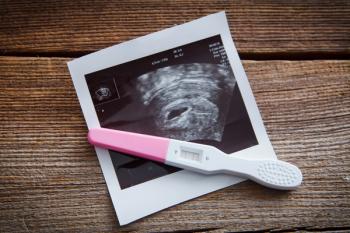
Adolescent pregnancy and sexual health care utilization declined during the COVID-19 pandemic, indicating significant disruptions in reproductive health services for young females, as highlighted in a recent study published in Pediatrics.
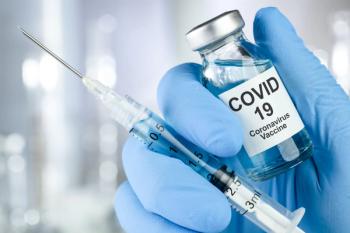
A systematic review of 6 studies revealed that COVID-19 vaccination during pregnancy does not significantly increase the risk of preterm birth, providing crucial insights for public health policies and offering reassurance to healthcare providers and expectant mothers.


